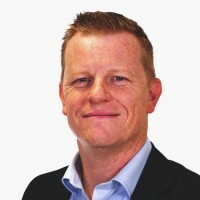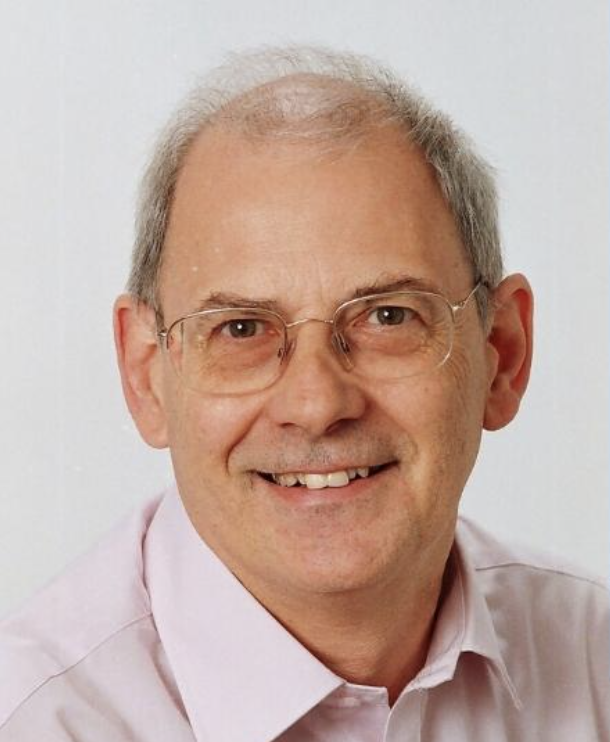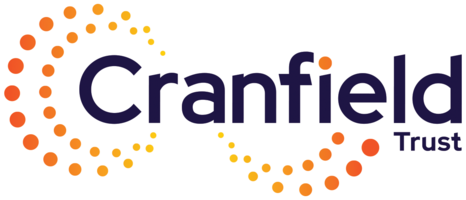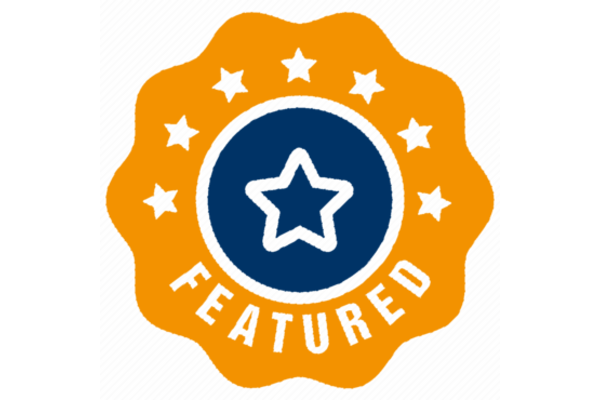Learning with Leaders: Lean Impact: Navigate Uncertainty using Proven Innovation Techniques
Presenter: Ann Mei Chang
In this time of upheaval and disruption, many nonprofits are turning to the best practices for innovation, as they were designed for just that - working under conditions of extreme uncertainty. Given we still have no idea all the ways the pandemic and ensuing effects will reshape our world, building a nimble organization is going to be more important than having the “perfect” solution.
The most successful nonprofits will be able to pivot quickly and step into emerging opportunities for transformation in ways that are responsive to both evolving societal needs and take advantage of opportunities such as the upsides of virtual interactions. To do so, they will need to deeply engage both clients and stakeholders to understand their new realities, be willing to let go of long-held approaches that are no longer appropriate, and run experiments targeted at accelerating learning about the most critical risks/opportunities when stepping into the unknown.
Ann Mei Chang Bio: Ann Mei Chang is a leading expert on social innovation and author of Lean Impact: How to Innovate for Radically Greater Social Good. Ann Mei served as the Chief Innovation Officer at USAID and first Executive Director of the US Global Development Lab, engaging the best practices for innovation from Silicon Valley to accelerate the impact and scale of solutions to the world's most intractable challenges. In addition, she was Chief Innovation Officer for Pete for America, Chief Innovation Officer at Mercy Corps, and Senior Advisor for Women and Technology at the U.S. Department of State.
Ann Mei earned a BSc degree in Computer Science, Stanford University and is a member of the Aspen Institute's Henry Crown Fellows' class of 2011. She has been recognised as one of the 'Women In the World: 125 Women of Impact' by Newsweek/The Daily Beast in 2013, "23 most powerful LGBTQ+ people in tech" by Business Insider in 2019, and "20 Top LGBTQ+ Entrepreneurs, Executives and Thought Leaders" by Global Shakers 2019.
Learning with Leaders: Senior Leadership During Turbulent Times
Presenter: Daryl Conner
This presentation will focus on common pitfalls senior leaders of charitable organizations fall prey to when implementing significant change. In addition, we’ll review key requirements senior leaders must fulfill to ensure major change endeavors are successfully executed.
Daryl Conner Bio: For over forty-five years, Daryl has educated and advised strategic leaders and veteran change practitioners in many of the world’s most successful organizations, helping them to understand and navigate the challenges and opportunities they face during transformational change. He is co-founder and chairman of three distinct but related platforms that he uses to deliver his work:
- Conner Advisory (www.conneradvisory.com) provides change execution guidance to senior leaders in the civil society sector, particularly with international NGOs and non-profit organizations.
- Conner Academy (www.conneracademy.com) offers a methodology-agnostic learning environment where experienced internal and external change professionals (change management, HR, OD, corp. strategic planning, executive development, IT, etc.) can pursue mastery-level professional development.
- Conner Partners (www.connerpartners.com) equips senior leaders in the for profit sector with change execution architecture and advice as they implement transformational endeavors critical to their organization’s future.
Daryl’s work is built on a strong foundation of research, extensive consulting experience, and a master’s degree in psychology. He has authored two books— Managing at the Speed of Change (Random House, 1993) and Leading at the Edge of Chaos (John Wiley & Sons, 1998)—and more than 250 publications, including journal and magazine articles, monographs, book chapters, and videos. In recent years, his newer published work has been made available through blogs, essays, and white papers (Advisory Research, www.conneracademy.com/blog, www.conneracademy.com/essays, and changethinking ).
Learning with Leaders: Resilience reimagined: the new normal for organisations
Presenter: Professor David Denyer
The need for Organisational Resilience has increased in recent years, but what does it really mean? Organisational Resilience is the product of having the right mindset, structures and capabilities across three key aspects: strategic, operational and cultural resilience. Resilience is not only about bouncing back, but managing the unexpected and preparing and adapting to challenges and disruptions to survive, prosper and be future ready. The session will focus on how to build resilience into future strategy and decision-making and develop the organisational capability not just to survive, but thrive.

Professor David Denyer Bio: David is Professor of Leadership and Organizational Change at Cranfield School of Management. He also leads Cranfield’s Resilience Grand Challenge initiative. His research interests include leadership, resilience, organisational change, and evidence-based management. David has published a large number of important and highly cited articles and book chapters and regularly speaks at international conferences and high profile events. Working across a range of sectors and organizations, he helps senior leaders to establish strategic direction, implement change and deliver sustained high performance. David is a Fellow of the Academy of Social Sciences, British Academy of Management, CIPD, Higher Education Academy, Advanced Institute for Management Research and the Centre for Evidence-based Management. He is a past recipient of HR Magazine’s ‘Most Influential Thinker’ award.
Learning with Leaders: Survivor Syndrome: how a mentor can help
Presenter: Professor David Clutterbuck
As working life begins to return to normal, those who still have jobs are liable to feel a mixture of relief and guilt. This is a time when they need the support that a coach or mentor can bring.

Professor David Clutterbuck Bio: David Clutterbuck is one of the early pioneers of developmental coaching and mentoring and co-founder of the European Mentoring & Coaching Council. Author of more than 70 books, including the first evidence-based titles on coaching culture and team coaching, he is visiting professor at four business schools. He leads a global network of specialist mentoring and coaching training consultants, Coaching and Mentoring International.
Learning from Leaders: The Hero Paradox: Leading heroes not being the hero leader
Presenter: Professor Kim Turnbull James
Strong leadership is one of the keys to achieving your charity's mission, ambitions and goals.
But are you a hero leader, or are you leading heroes?
It's often easy to assume that leaders are the real heroes; the archetype of the strong leader has deep appeal in difficult times. Yet the leader who knows, who decides and who can inspire followers may not be doing what is best for their organisation in all situations.
During this insightful webinar presented by Kim Turnbull James, Chartered Psychologist and Professor of Leadership and Executive Learning at Cranfield School of Management, you will explore the idea that during times of crisis and complex change, we don’t need leaders to be heroes, but need leadership to enable and empower their team of heroes to carry out their difficult work and provide much needed services to their clients and service users.
This webinar will encourage you to consider:
- When and how leadership can enable people to take up their own authority to respond to clients and service users.
- How to adapt to local conditions.
- How do those in senior roles adopt leadership practices and develop a culture in which adaptation and rethinking can happen?
- Can leaders learn to ‘not know’ and yet still be actively providing leadership?
- What do we need to relearn in order to enhance leadership in our organisations and make sure that our heroes get what they need from us?
Presenter bio: A Chartered Psychologist, Kim Turnbull James is Professor of Leadership and Executive Learning at Cranfield School of Management. Kim received her PhD from the University of Aston in Birmingham for research into the leadership development of senior leaders. Kim researches new leadership paradigms that enable organizations to respond to complexity, work with adaptive challenges, and create the capacity for rethinking leadership practices.




